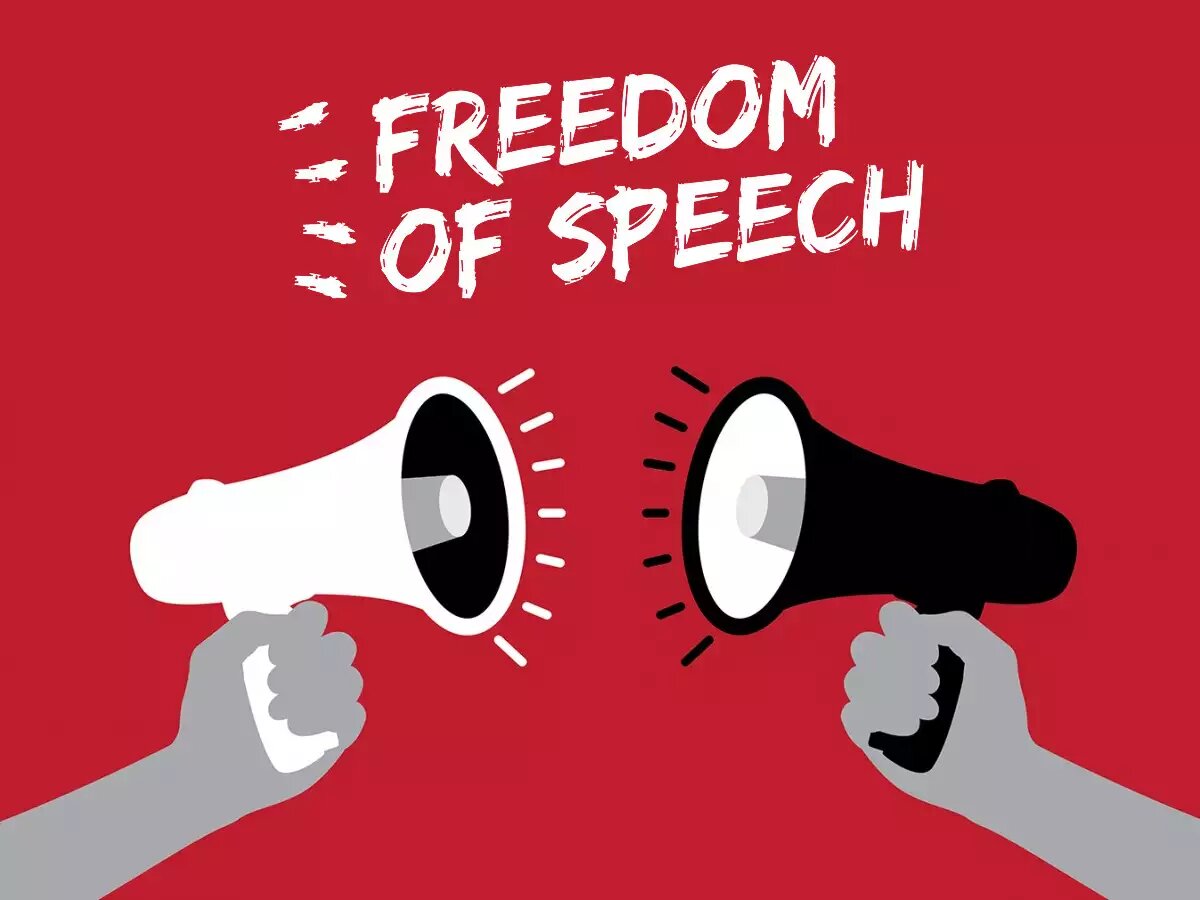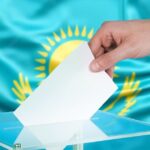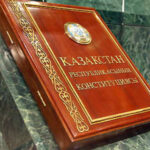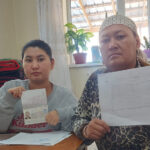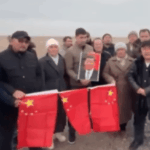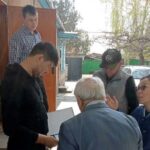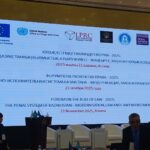Although Kazakhstan’s new mass media law has some amendments that should improve the status quo, its ambiguity and the restrictive nature of other provisions threaten to create obstacles to the work of local and foreign journalists.
The law, which President Kassym-Jomart Tokaev signed on June 19, supersedes the laws on media and on television and radio broadcasting.
The improvements include a reduction from three years to one on the limitation period for claims to be made against media for inaccurate information and a shortening of the statutory consideration period for “information owners” to respond to media inquiries to five working days from seven. The introduction of a definition for a “special status of a journalist,” apparently aimed at increased legal guarantees and protections for journalists, could also prove positive.
But before the law was adopted, national and international media experts raised concerns about the draft’s other restrictive proposals, calling on the Kazakh government to revise or withdraw it. Although some controversial provisions were eliminated, several others remain.
For example, the law expands the definition of mass media to include online publications, obliging them to be registered with an authorized government body and have a physical presence in Kazakhstan. It also grants the government expansive power to interfere with and suspend the work of foreign journalists by denying foreign media registration if their materials contain “propaganda of extremism.” Meanwhile, Kazakhstan maintains a vague and overbroad definition of “extremism,” which is used abusively to punish legitimate, protected speech. The law forbids the professional activities of foreign media and foreign journalists without “appropriate accreditation,” a provision the government can use as a tool to deny, suspend, or withdraw accreditation to journalists and media critical of the authorities.
Furthermore, the law empowers a relevant authority to carry out “mass media monitoring;” in other words, to surveil all media to ensure they comply with national legislation and do not violate “national, cultural, and family values,” which have not been defined. This provision may potentially lead to greater self-censorship among journalists and restrict the topics they can report on.
Kazakhstan’s new media law is the latest threat to freedom of expression and media freedom in the country. Kazakhstan’s international partners should remind the country’s authorities to uphold their commitments to respect free speech and urge them to bring the new law in line with international standards.
Source: Human Rights Watch – New Mass Media Law Threatens Freedom of Speech, Information in Kazakhstan | Human Rights Watch (hrw.org)

